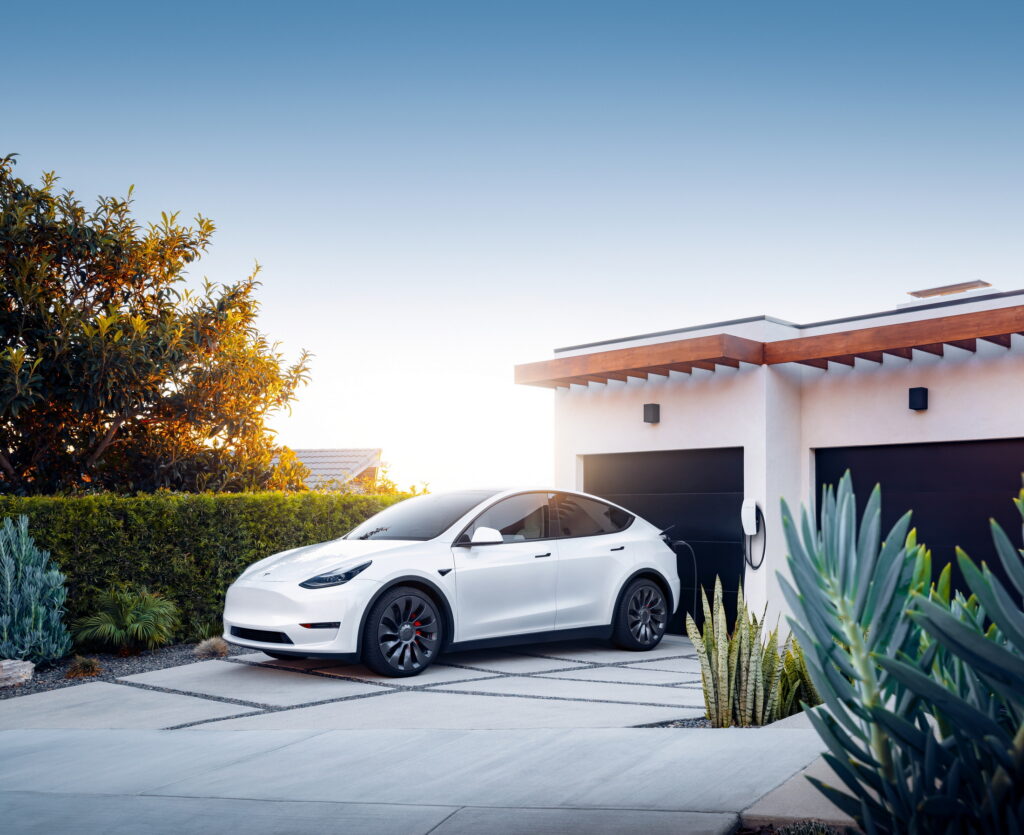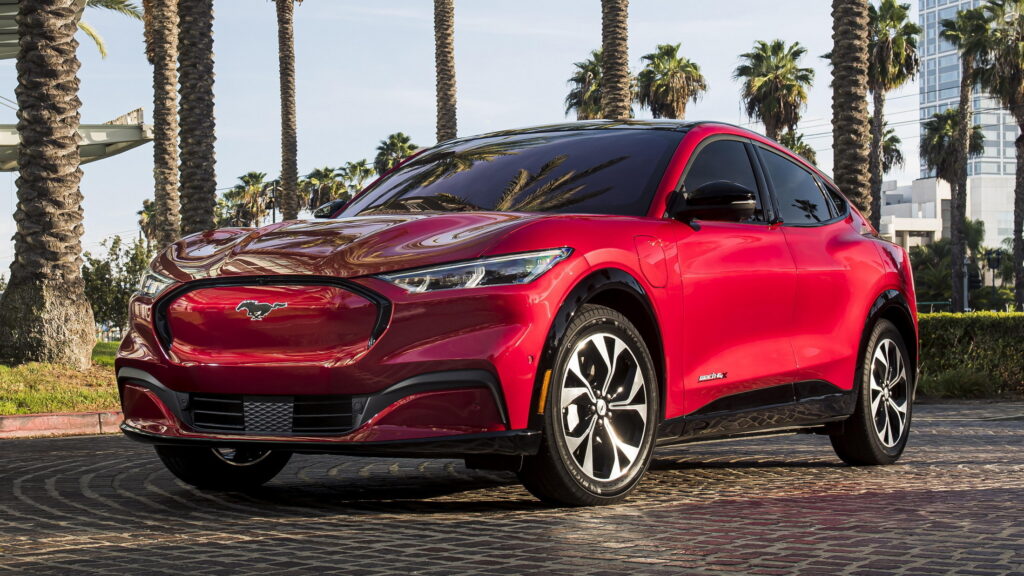Despite having high sticker prices, electric vehicles may actually be the cheapest way for consumers to get behind the wheel of a new vehicle. Thanks to high interest rates for buyers, attractive tax incentives for lessees, and low running costs for EVs, going electric might be as kind to your wallet as it is to the environment.
Energy Innovation, a non-partisan energy and environmental policy think tank, took a look at the prices that consumers have to pay every month to get behind the wheel of comparable vehicles. It consistently found that leasing an EV offers the lowest monthly payments of any option.
For example, it found that leasing a Tesla Model Y is, on average, $425 cheaper per month than leasing a gas-powered BMW X4, while a Ford Mustang Mach-E costs 502 fewer dollars every month. However, even when it looked at a premium EV as compared to a mass market ICE vehicle, the new energy model was less expensive. Case in point, a BMW i4 eDrive35 cost $264 less per month than leasing a gas-powered Kia Niro.
Read: How To Get A $7,500 Tax Credit On Almost Any EV Lease Thanks To An IRA Loophole

The firm reports that consumers who lease an EV stand to save up to $6,000 per year on their monthly car payments, which over the course of a 36-month lease (the average length in America), amounts to $18,000. That’s much less than the average price of a one- to five-year-old used vehicle, meaning that buying still has some long-term advantages.
However, the lower monthly prices are due in large part to tax incentives enshrined in the Inflation Reduction Act. Worth up to $7,500, the incentives are more widely available for customers who lease than those who buy. Whereas the batteries and components in purchased EVs must mostly be sourced from North America to qualify for incentives, those that are leased are viewed as commercial vehicles by the IRS, meaning they qualify regardless of where their battery comes from.
That means that, whereas just a few EVs qualify for the clean vehicle credit when purchased, any EV whose automaker chooses to pass the savings on to the driver can qualify for those credits. Surprisingly, that’s not everyone. Whereas Hyundai, Kia, Volvo, VW, and BMW do pass those savings along, Ford, Nissan, Tesla, and Chevrolet don’t, necessarily.
However, that’s not the only reason that leasing an EV is cheap. Increasing competition and inventory is driving down prices for electric vehicles. In addition, fuel and maintenance costs tend to mean that battery-powered vehicles are less expensive to operate. Beyond the electric powertrain, high interest rates mean that financing a new car is expensive right now, making leases attractive.
“In short, the proliferation of EV models, new vehicle incentives, and stabilization of supply chains for vehicle inputs, as well as production lines, have helped make EVs the most affordable option for new car buyers,” writes Energy Innovation.





